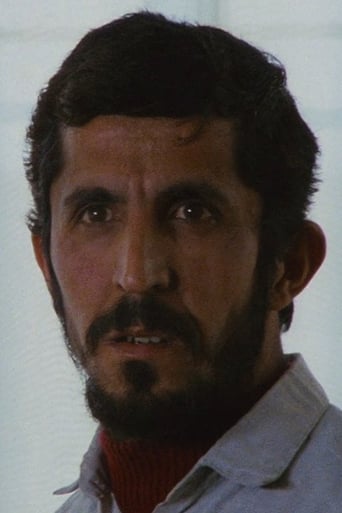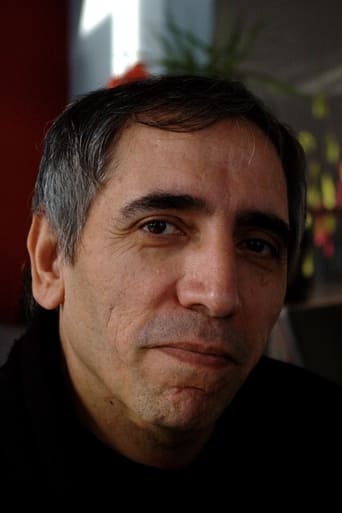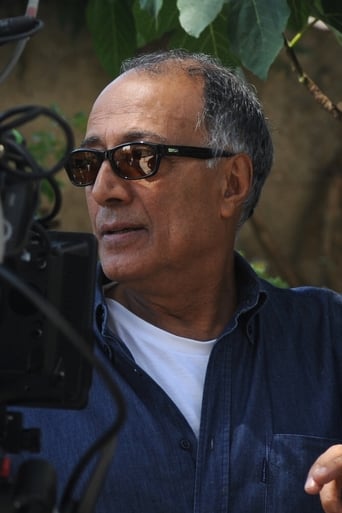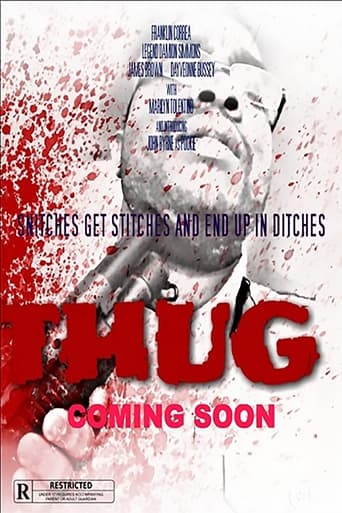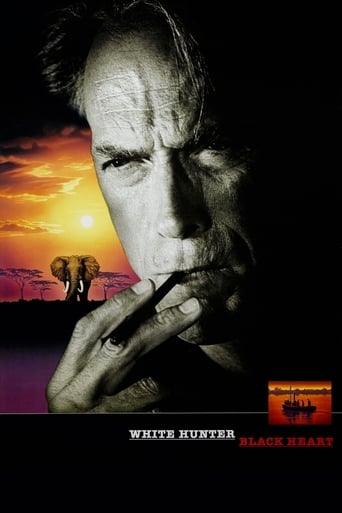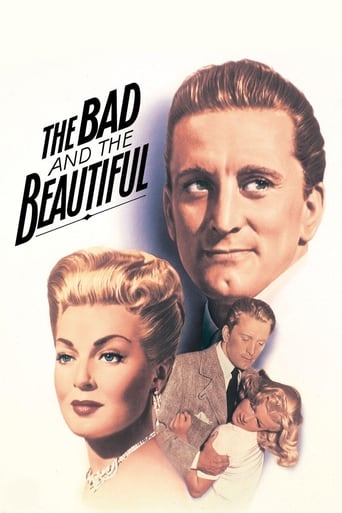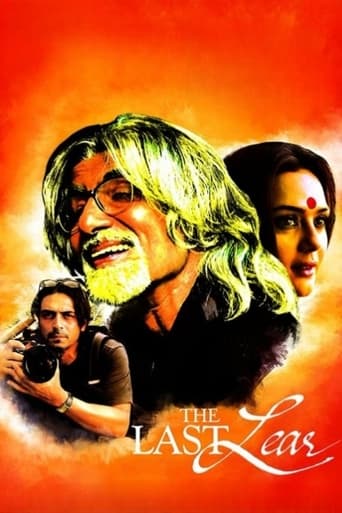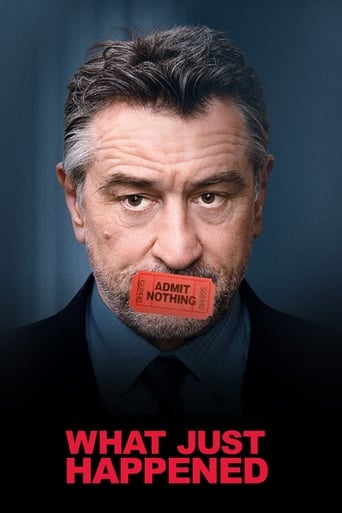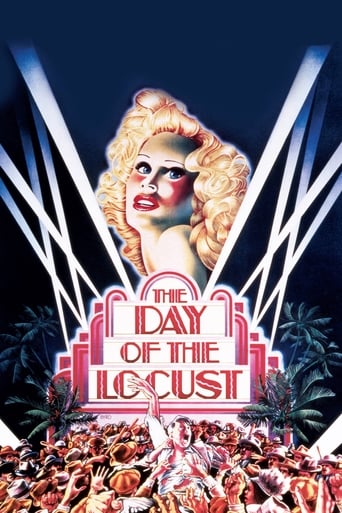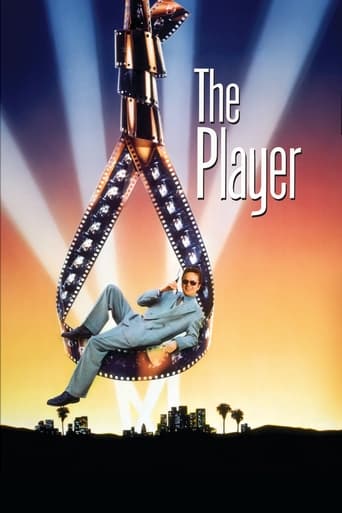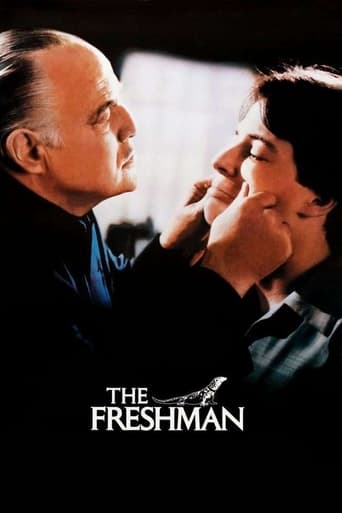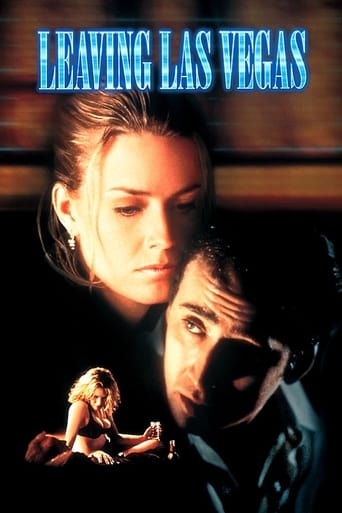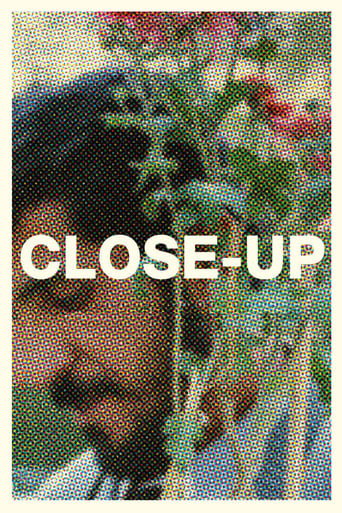
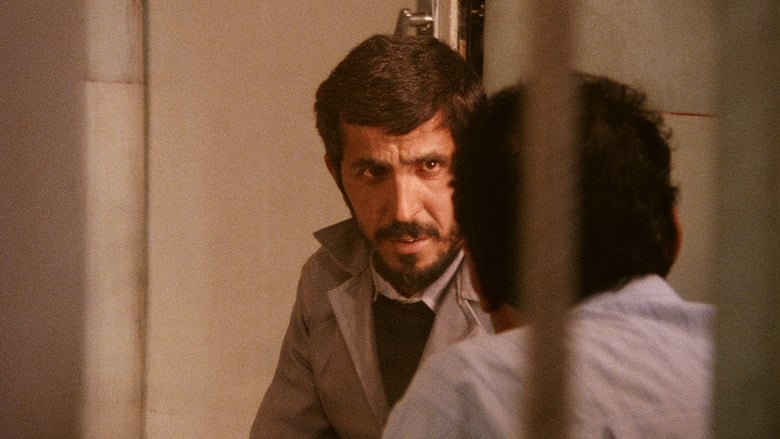
Close-Up (1999)
This fiction-documentary hybrid uses a sensational real-life event—the arrest of a young man on charges that he fraudulently impersonated the well-known filmmaker Mohsen Makhmalbaf—as the basis for a stunning, multilayered investigation into movies, identity, artistic creation, and existence, in which the real people from the case play themselves.
Watch Trailer
Cast
Similar titles
Reviews
This is a small, humorous movie in some ways, but it has a huge heart. What a nice experience.
This is a coming of age storyline that you've seen in one form or another for decades. It takes a truly unique voice to make yet another one worth watching.
It is an exhilarating, distressing, funny and profound film, with one of the more memorable film scores in years,
Actress is magnificent and exudes a hypnotic screen presence in this affecting drama.
Close-Up is a re-enactment of a real case concerning a poor Iranian who used the identity of a famous Iranian director to fraud a family into believing that they can star in his next upcoming movie , but Kiarostami takes things to another level. He blended true to life actions and let the victims and the perpetrator,themselves, do the re-enactment adding another layer to the film.Similar to his later film Certified Copy, Close Up is actually a look at the facade where we hide out of our true self or how one self-mythologize to be more acceptable or liked. By locking in the truth with that of re-enactment, the film was able to look closer through each of the character and see the reasons for their action.The biggest example of which is the petty thief himself. When he tries to be the director, he did it as he lacks everything and he struggles to put that act out to the public.Overall, Close-Up is a very complex film. It tackles much more than what I have written out here for sure but at its core, the film is a meditation of Kiarostami's style and humanism. [4.5/5]
Close-Up hovers in the fuzzy boundary that defines cinéma vérité; there are many layers here, and Kiarostami creates an artifice within the film, and then shatters it. The actors play themselves, re-enacting their own roles and giving their recounts and suggestions, and then are ordered themselves to act in a certain manner, and to glance a certain way as to not recognise the camera when not necessary. Is there a more thrilling sense of the auteur than in Close-Up? Kiarostami, the hidden director behind the film, obscures his face and takes suggestions from the accused, and then asks permission to shoot a trial that seems by all accounts uninteresting. Early on, there is a segment where he explains his different lenses and their purposes to Sabzian. Their shared interest is doubly layered; it is an important step to ensure that the correct equipment is used to capture this event, even as Kiarostami fiddles around in the background and adjusts his set for the real film. The journalist Farazmad knows this too, as he hurries around for a tape recorder - authenticity is key. Kiarostami uses symbols to highlight this to us. A clapper-board indicates filming is about to begin. Yes, within the film itself. The camera is hand-held and nervy, and has a certain faded, graininess to it that we immediately associate with an observatory presence rather than presentation. While the all important arrest is being made, he focuses instead on the outside; the taxi driver picking flowers and rolling an aerosol can down the road endlessly. Later he returns to it and it is without confrontation, but with a quiet reservation that Sabzian accepts his arrest. The suspicion that has been brought to our attention is as meek as it comes. Sabzian's own performance is informed by his own experiences. He does not have that 'look' that conmen have, and strives to avoid it. He admits that acting is more his style, but also that playing the part of a director is a performance in itself. And he puts a little of himself into his Makhmalbaf as many actors would; the down to earth approach to his suggestions, his lies, his work ethic. None of them witnessing seem to understand this sort of approach to the role; the culture is occupied with more concrete manners. Escapism in art, and through real life performance, is discouraged. The final sequence is supposedly impromptu without Sabzian's knowledge that this was to be filmed too. Kiarostami had arranged for a real life reconciliation between him and his lifelong idol, and the affection shown in the hug is real. While we have been thrust into so many closeups that are 'real' throughout the film, this one is shot from a distance, and followed raggedly through traffic. Their dialogue is lopsided; one is according to script, pre-planned and rigid, while the other is authentically starstruck and bursting with amazement. So what does Kiarostami do? He chops up the audio track. It's a genius move. In an auteurist act, he cuts all the fixed elements of it until he is left with only the spontaneity, and this pushes at our objective understandings of the previous portrayals of realism. And we are left scratching our heads and wondering whether our speakers are broken, and how what we have just watched could be captured in any other way.
The only other Kiarostami film I've seen is Taste Of Cherry which I found quite moving with its minimalist style but it didn't make a big impression. Close-Up is not only regarded as Kiarostami's best but also acclaimed enough to be ranked among timeless classics in They Shoot Pictures, Don't They's top 100. I was intrigued as to how his subtle style could make something that good. While I can't quite call Close-Up as good as certain classics, it definitely has some fascinating ideas that have lingered with me. It's a strange film where its power isn't in a punch and its impact sits with you at the same strength. But its power isn't concise images or thoughts but in its mystery. With perhaps more than half of the film re-enacted rather than documentary footage, it never elaborates which is which and leaves it to interpretation.Some are obvious, such as the documentary trial scenes but some lie in the grey area where it's uncertain whether it's genuine or not. But with that question it reveals a larger question - is anything really genuine in front of the camera? What is real and what isn't real? One of the things it doesn't leave a mystery is the idea of the power of the director. It's really moving how its subject commits a crime to pretend to be a director just for the power, especially as I'd one day like to become a director. That aspect had a profound effect on me. But then it raises questions about Kiarostami's own role in the film when he's on screen and the power it displays. This is definitely a film that will sit with me for a long time before I make up my mind, especially as it asks more questions than gives answers.8/10
Once upon a time in Tehran an unemployed, divorced, out-of-luck father of two is reading a book on his way home in the bus. Asked by the woman next to him about it, he boldly declares that he actually wrote it as well, a statement that leads to further questions, as this would make him Mohsen Makhmalbaf, the famous Iranian filmmaker... And so it all begins, the story of the impostor, Ali Sabzian, who is invited to said woman's home, suggests to make a film with her son in a prominent role in it, and what not. Well, it all ends with a trial against the impersonator, who - according to the members of this well-to-do family - must have been up to no good, planning to spy on them and eventually rob the house, or he was clearly mad and megalomaniac, but this idiosyncratic little fellow has his very own explanation...The recounted events really happened. The film "Close-Up" re-enacts them as close to reality as possible and was made by Iran's most proficient director Abbas Kiarostami using not only Ali Sabzian in the lead, but also the family involved in their respective parts. With these given parameters it is clear that we're dealing with much more than a semi-documentary, as in the tradition of other works of the New Iranian Wave we become witness of a powerful blending of film and social reality, and in this case completely at the heart of the subject matter. The book at the source of the whole ruckus was Makhmalbaf's script of "The Cyclist", dealing with a man who like Sisyphus is forced to ride a bicycle continuously for a week to help out his sick wife. What others perceive as a crook sees himself as "the traveler", a reference to one of Kiarostami's very own films - and he has a dream, a very unique Iranian one. It's a film with multiple layers and magic that shines from within like no other. Don't expect technical brilliance, dazzling sights and sounds or overblown melodrama. This one is real. Groundbreakingly so.
